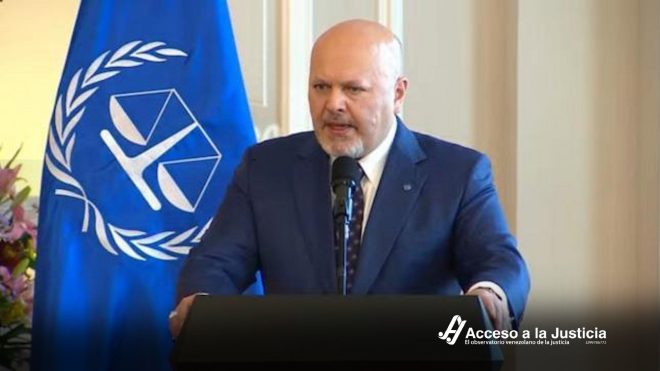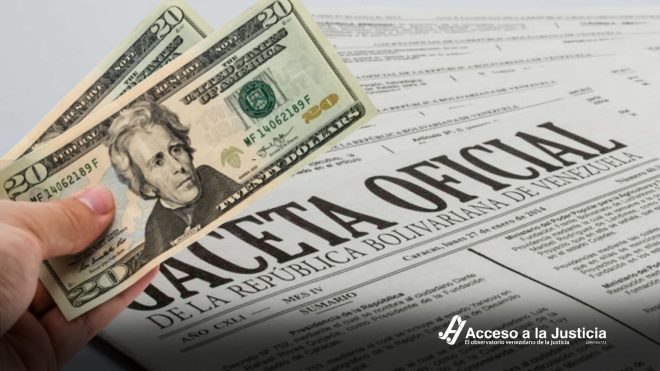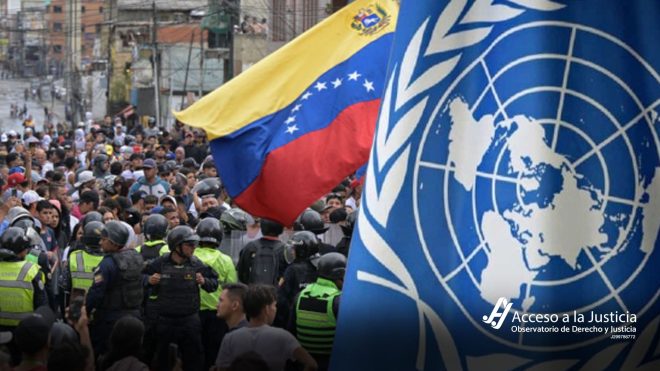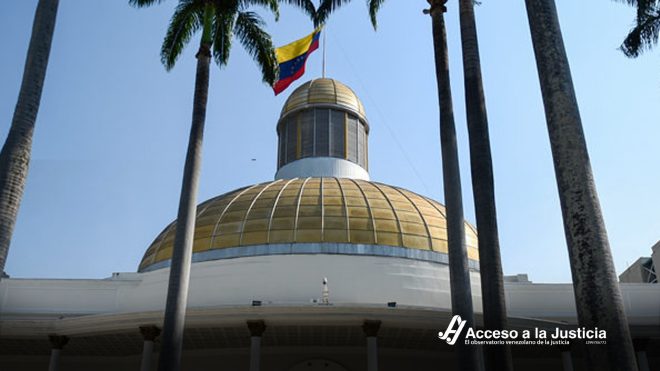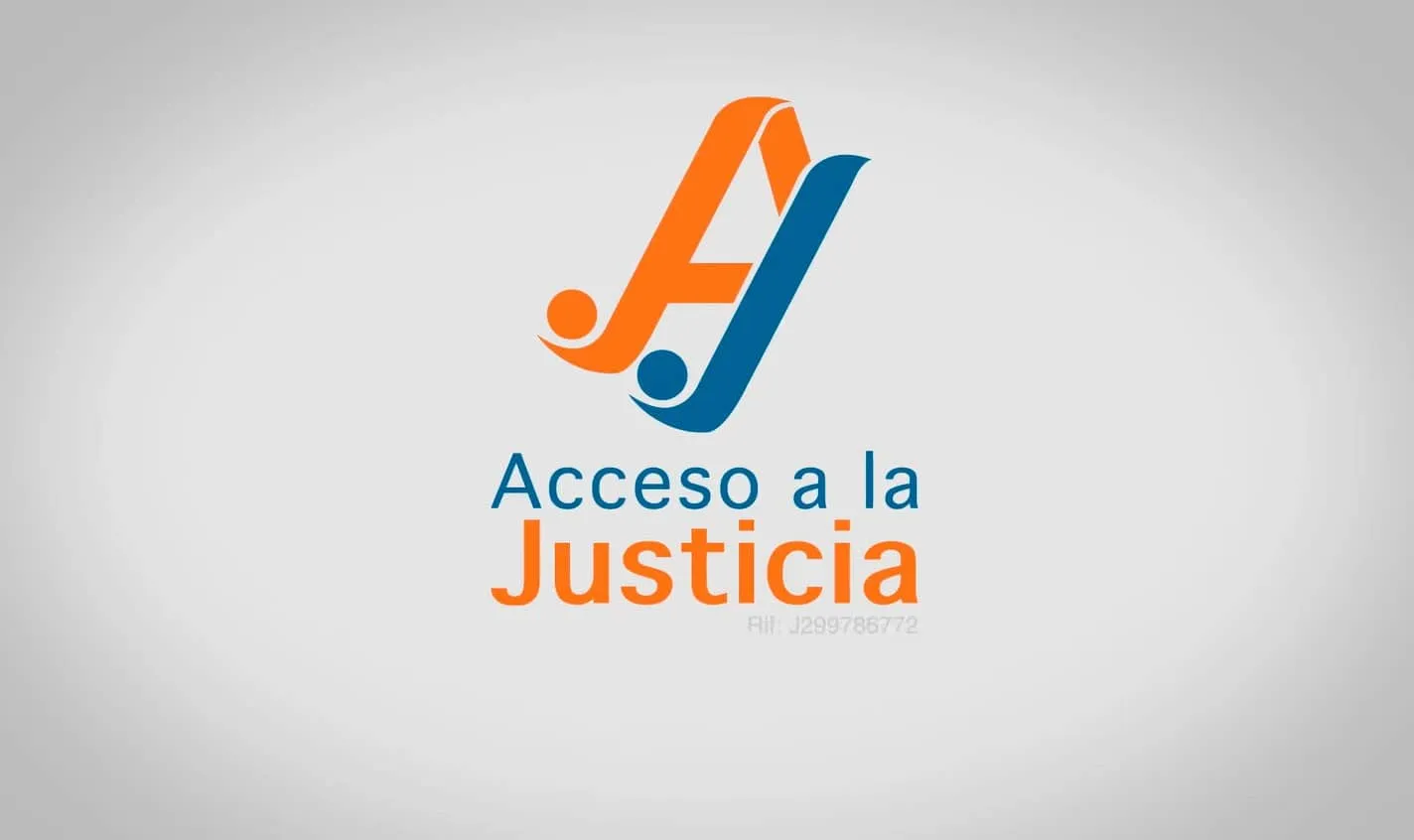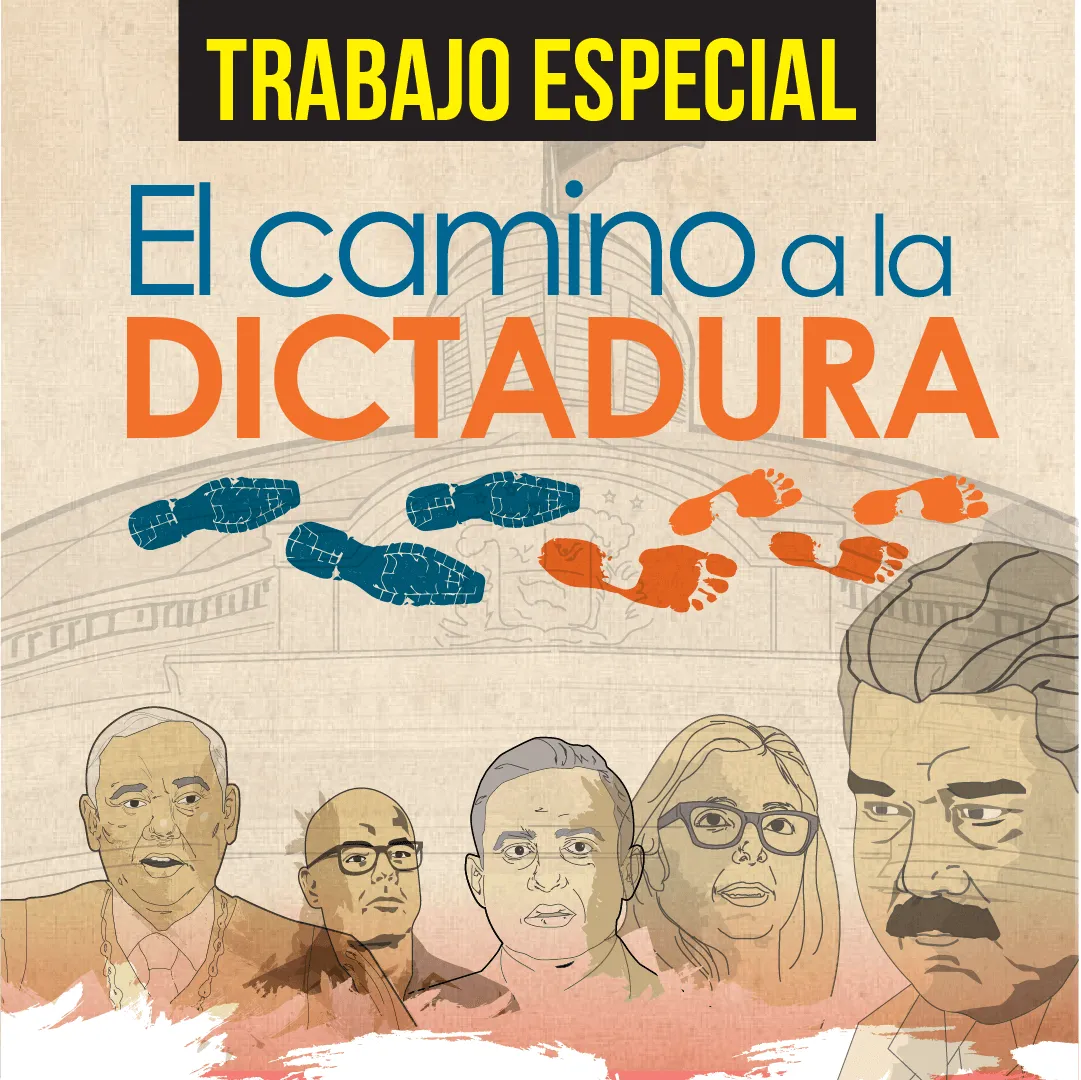La idea general que puede tenerse en algunos ambientes sobre las dictaduras y autocracias latinoamericanas es la forjada durante las décadas de los 70 y 80 por lo ocurrido en el Cono Sur del continente y en algunos países centroamericanos. Esto se resume, en una rápida mirada, en países controlados por una bota militar que no tiene respeto alguno por las formas del Estado de derecho y que descaradamente ejecuta acciones sistemáticas y generalizadas de violación de derechos humanos directamente o por medio de estructuras paralelas, cuya existencia no se reconoce oficialmente.
A partir de esa imagen, la figura del resto de los funcionarios de esas estructuras estatales tiene una importancia secundaria, pues no forman parte directa del aparato represivo. Así por ejemplo, en el caso argentino, los tribunales recibieron y admitieron recursos de hábeas corpus sobre personas desaparecidas y oficiaban a los diferentes organismos de seguridad pública y estos respondían que no tenían conocimiento del destino de la persona en cuestión y allí se cerraba la investigación judicial[1].
En la actualidad, y no solo por el caso venezolano, sino a través de su precedente inmediato, el régimen de Alberto Fujimori, el autoritarismo tiene nuevas y más elaboradas expresiones, entre las cuales están la intervención en elecciones como medio para acceder al poder, el uso de mensajes populistas y de la imagen de líderes carismáticos para atraer a la masas y así explotar su desesperación, la instrumentalización del derecho y la justicia para lograr el objetivo político deseado. Una vez en el poder, se acusa todo intento de control, de rendición de cuentas o de establecer límites como un ataque que impide las políticas benéficas del régimen, pero que en realidad esconden, de manera a veces más disimulada como fue en el caso venezolano el chavismo en sus inicios, otras menos, como es el madurismo en la actualidad, una acumulación de poder en la figura presidencial, generándose una renovada idea de caudillismo a través del culto a la personalidad.
Sin embargo, un elemento distintivo del caso venezolano, que si bien se dio en el régimen de Fujimori, pero en menor medida, es la utilización de todo el sistema de justicia (jueces, fiscales e incluso defensores públicos) no solo como un refrendador de los actos del poder, sino como medio de represión contra la disidencia, complementando la acción de los órganos de seguridad, todo en beneficio del régimen, y por supuesto, a costa de los derechos humanos.
En el sentido antes descrito se elaboró un informe, que contiene la diversas opiniones que sobre el sistema de justicia venezolano ha emitido prácticamente la totalidad de los órganos internacionales de defensa de derechos humanos, tanto del sistema interamericano como del universal, y que, por lo tanto, confirman las denuncias que organizaciones de la sociedad civil han realizado durante años sobre el régimen instaurado en el país desde 1999.
Lo expuesto es trascendente en la medida en que muestra lo homogénea de la opinión generalizada sobre las fallas estructurales del sistema de justicia venezolano, y su patrón de violaciones de derechos humanos e instrumento represor.
Para leer el Informe haga clic aquí.
The leading role of the Judicial Power in the impunity and repression in Venezuela
The general idea that can be taken in some quarters about Latin American dictatorships and autocracies is forged during the 70 and 80 decades what happened in the Cono Sur of the continent and in some Central American countries. This can be summed up, in a quick glance, in countries controlled by a military boot that has no respect whatsoever for the forms of the rule of law and that blatantly executes systematic and generalized actions of human rights violation directly or through parallel structures, whose existence is not officially recognized.
From that image, the figure of the rest of the officials of those state structures of secondary importance, it is not part directly of the repressive apparatus. Thus, for example, in the Argentine case, the courts received and admitted writs of habeas corpus on disappeared persons and they officiated at the different public security organizations and they responded that they had no knowledge of the fate of the person in question and there the investigation was closed judicial.
At present, and not only because of the Venezuelan case, but also through its immediate precedent, the Alberto Fujimori regime, authoritarianism has new and more elaborate expressions, among which are the intervention in elections as a means of accessing power, the use of populist messages and the image of charismatic leaders to attract the masses and thus exploit their despair, the instrumentalization of law and justice to achieve the desired political objective. Once in power, every attempt to control, to render accounts or to establish limits is accused as an attack that prevents the beneficial policies of the regime, but that in reality they hide, in a way that is sometimes more disguised as was the case in Venezuela. Chavismo in its beginnings, others less, such as Madurismo nowadays, an accumulation of power in the presidential figure, generating a renewed idea of caudillismo through the cult of personality.
However, a distinctive feature of the Venezuelan case, that although was in the Fujimori regime, but to a lesser extent, is the use of the entire justice system (judges, prosecutors and even public defenders) no s or him as a endorser of the acts of power, but as a means of repression against dissent , complementing the action of the security organs, all for the benefit of the regime, and of course, at the expense of human rights.
In the aforementioned sense, a report was prepared, which contains the various opinions on the Venezuelan justice system that have been issued by practically all the international bodies for the defense of human rights, both the inter-American and universal systems, and which, therefore, Therefore, they confirm the complaints that civil society organizations have made for years about the regime established in the country since 1999.
The above is important insofar as the homogeneous showing of the opinion widespread on the structural failures of the Venezuelan justice system, and its pattern of human rights violations and repressive instrument.
Para leer el informe en inglés, pulse aquí.
[1] Vid. Comisión Nacional sobre la Desaparición de Personas (2006). Nunca más Eudeba. Buenos Aires. p. 406 y ss.



